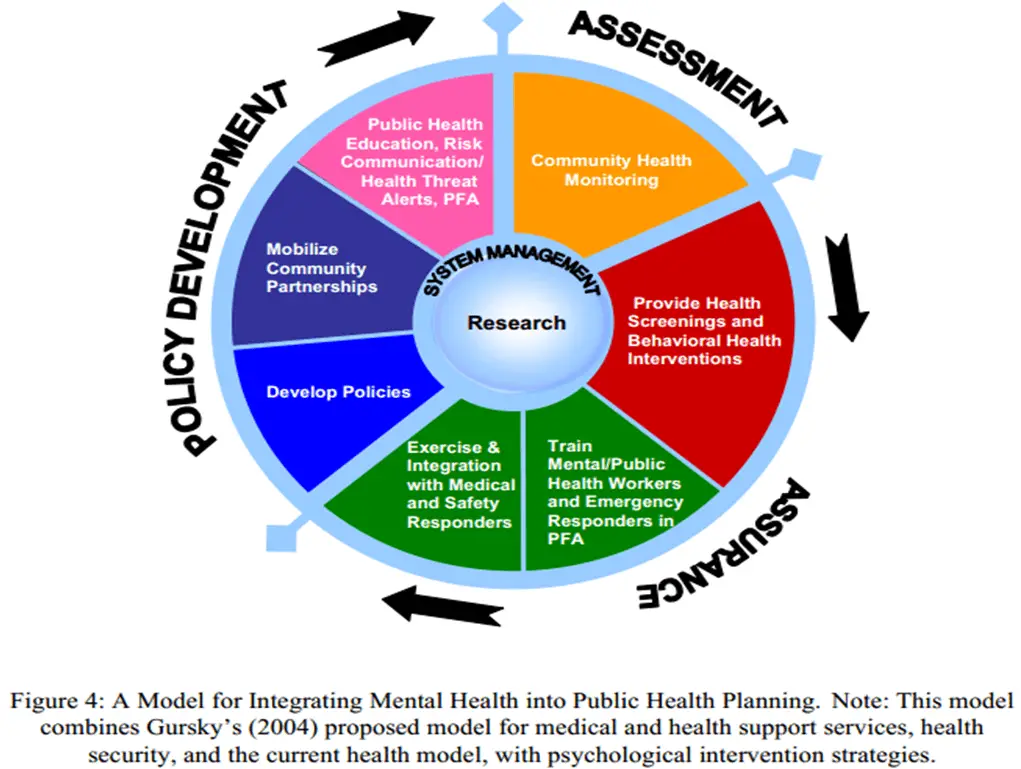Are You Prepared for Mental Health Emergencies?
Mental health emergencies can happen when we least expect them, but being prepared can make all the difference. In this article, we will explore the importance of prepping for mental health emergencies and provide you with essential tips and resources to ensure you are ready to handle any situation that may arise. Let’s get started!
Understanding Mental Health Emergencies
First and foremost, it’s crucial to have a good grasp of what constitutes a mental health emergency. These emergencies can range from severe panic attacks to suicidal ideation or attempts. By being able to recognize the signs and symptoms of a mental health emergency, you can take proactive steps to help yourself or someone else in need.
What are Signs of a Mental Health Emergency?
Signs of a mental health emergency can vary depending on the individual and the specific situation. Some common signs to look out for include extreme changes in mood or behavior, talking about wanting to die or kill oneself, and experiencing severe anxiety or panic attacks. If you notice any of these signs in yourself or someone else, it’s essential to take action immediately.
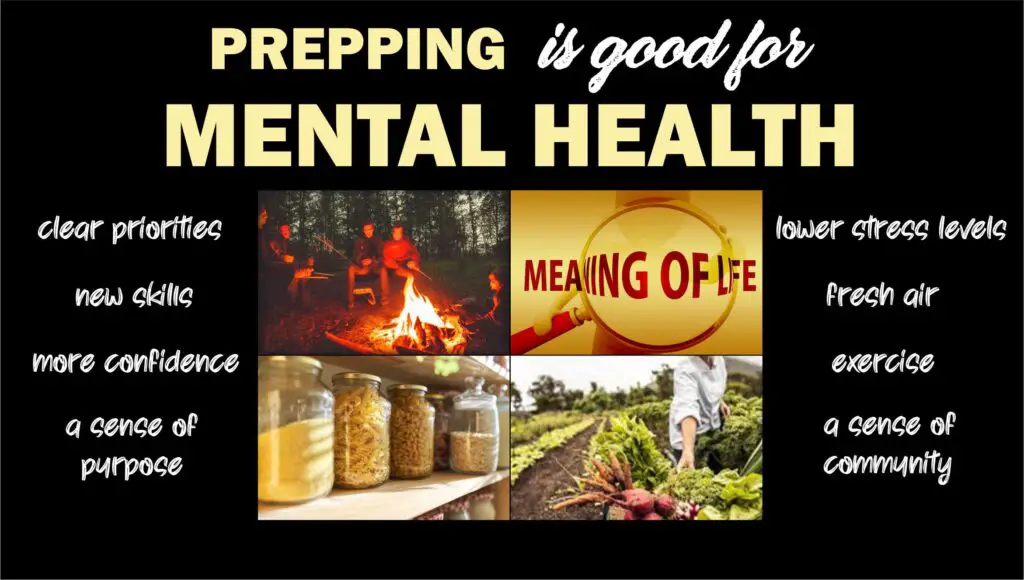
Preparing for Mental Health Emergencies
Preparation is key when it comes to handling mental health emergencies effectively. By taking proactive steps to prepare yourself for these situations, you can reduce the impact and ensure a better outcome. Let’s explore some important ways to prep for mental health emergencies.
Build a Support Network
Having a strong support network in place is crucial for handling mental health emergencies. This network can include friends, family members, therapists, and support groups who can provide assistance and guidance when needed. Make sure to reach out and build connections with people who can help you during difficult times.
Create a Crisis Plan
Developing a crisis plan is a proactive way to prepare for mental health emergencies. This plan should outline steps to take in the event of a crisis, including contact information for emergency services, mental health professionals, and trusted individuals who can assist you. Having a crisis plan in place can help you act quickly and efficiently during a mental health emergency.
Practice Self-Care
Self-care is an essential aspect of preparing for mental health emergencies. By prioritizing your physical, emotional, and mental well-being, you can build resilience and better cope with stressful situations. Make sure to engage in activities that bring you joy, practice relaxation techniques, and prioritize getting enough sleep and exercise.
Educate Yourself
Knowledge is power when it comes to handling mental health emergencies. Take the time to educate yourself about common mental health conditions, warning signs of emergencies, and resources available for support. By being informed, you can better understand how to respond effectively and seek help when needed.
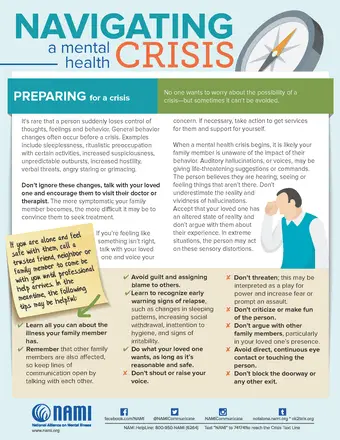
Coping Strategies for Mental Health Emergencies
In addition to being prepared, it’s important to have coping strategies in place to manage mental health emergencies effectively. Here are some valuable coping techniques to help you navigate challenging situations.
Practice Mindfulness and Relaxation Techniques
Mindfulness and relaxation techniques can be powerful tools for managing stress and anxiety during a mental health emergency. Practices such as deep breathing, meditation, and progressive muscle relaxation can help calm your mind and body, allowing you to focus on self-soothing and coping effectively.
Reach Out for Support
Don’t be afraid to ask for help when experiencing a mental health emergency. Reach out to trusted individuals, mental health professionals, or crisis hotlines for support and guidance. Talking to someone who understands and can provide assistance can make a significant difference in how you navigate the situation.
Engage in Healthy Distractions
Engaging in healthy distractions can help redirect your focus and reduce anxiety during a mental health emergency. Activities such as going for a walk, listening to music, or journaling can help shift your mindset and provide a sense of relief. Find what works best for you and incorporate these distractions into your coping strategies.
Practice Grounding Techniques
Grounding techniques can help bring you back to the present moment and reduce feelings of disorientation or panic during a mental health emergency. Techniques such as focusing on your five senses, repeating a calming mantra, or visualizing a safe place can help center your mind and provide a sense of control.
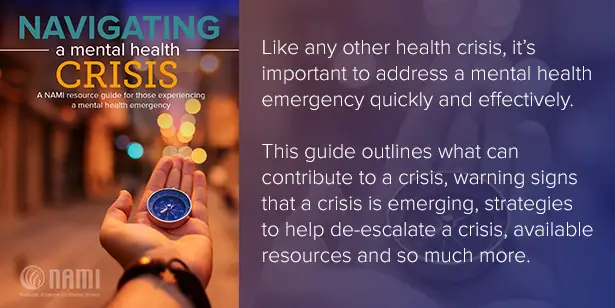
Seeking Professional Help
While being prepared and having coping strategies in place is essential, seeking professional help is crucial for managing mental health emergencies effectively. If you or someone you know is experiencing a mental health crisis, don’t hesitate to reach out to a mental health professional or emergency services for assistance.
When to Seek Professional Help
Knowing when to seek professional help is vital when dealing with a mental health emergency. If you or someone else is in immediate danger, experiencing thoughts of suicide or self-harm, or unable to cope with the situation, it’s imperative to reach out for help. Don’t hesitate to contact emergency services or a mental health professional for immediate assistance.
Utilizing Mental Health Resources
There are various mental health resources available to support individuals during a mental health emergency. Crisis hotlines, online therapy platforms, and mental health apps can provide valuable assistance and guidance when needed. Make sure to familiarize yourself with these resources and reach out for help when necessary.
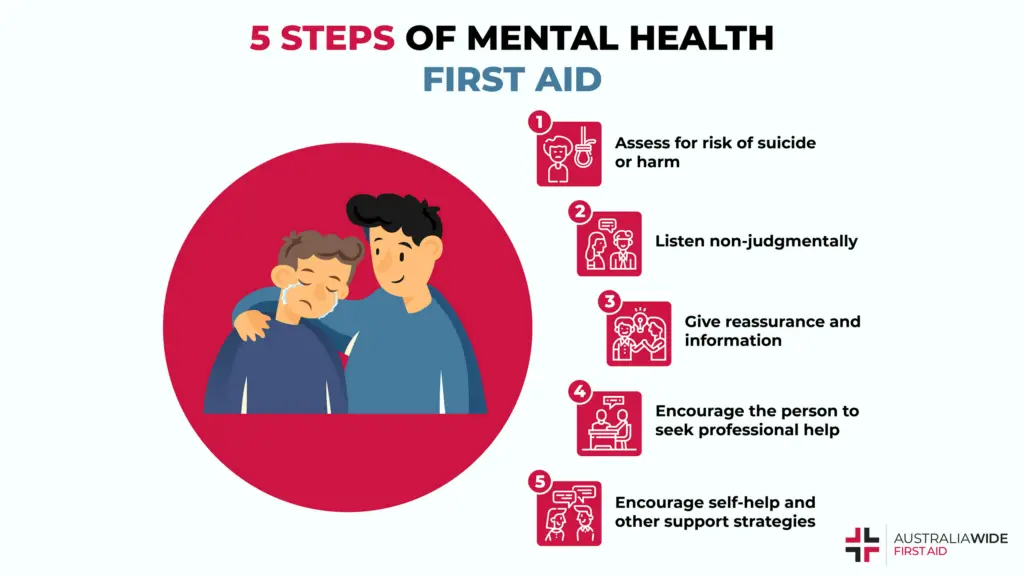
Conclusion
In conclusion, prepping for mental health emergencies is a critical aspect of ensuring you can handle these situations effectively. By understanding the signs of a mental health emergency, preparing yourself with coping strategies, and seeking professional help when needed, you can navigate challenging circumstances with resilience and support. Remember, you are not alone, and there are resources available to help you during difficult times. Stay prepared, prioritize your mental health, and reach out for assistance when needed. You’ve got this!
